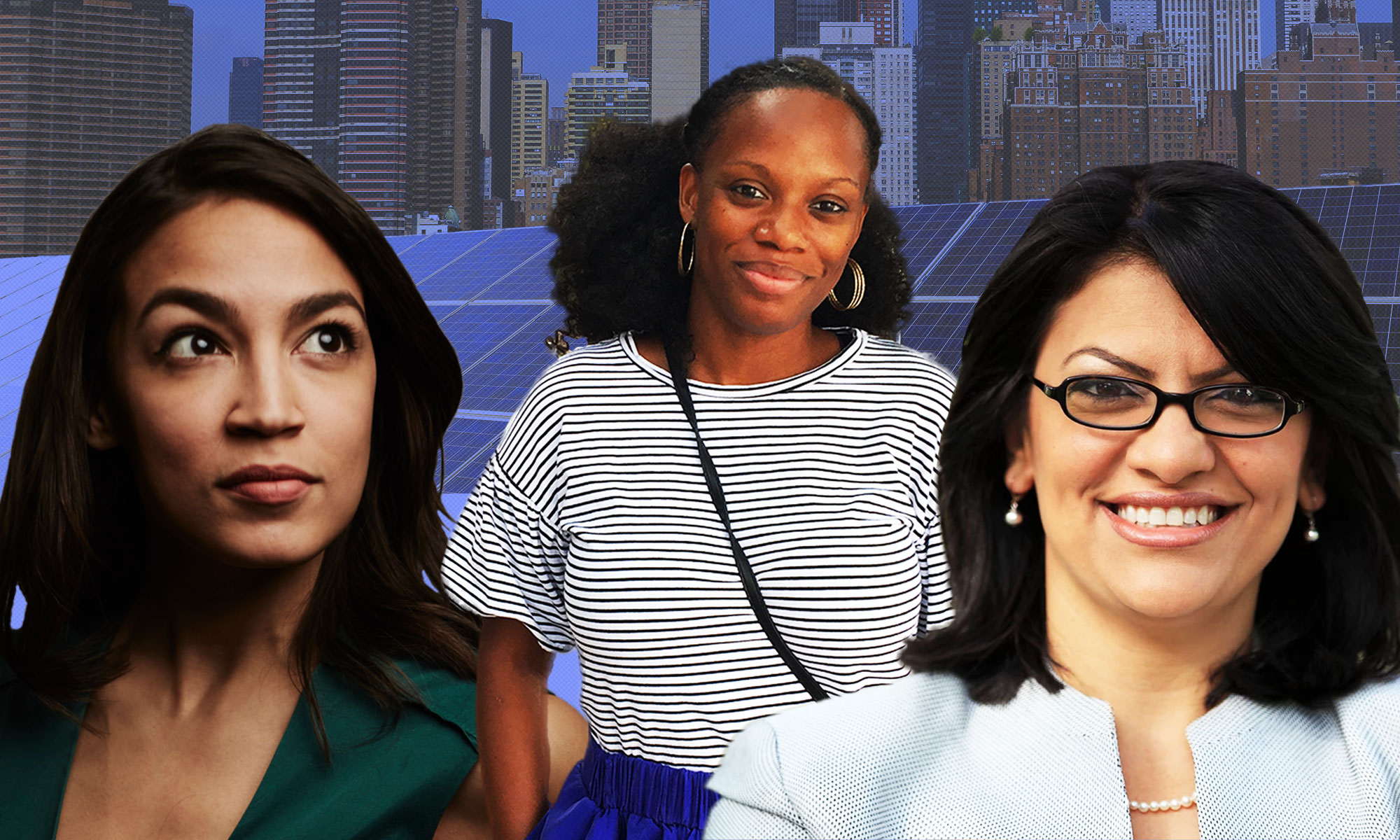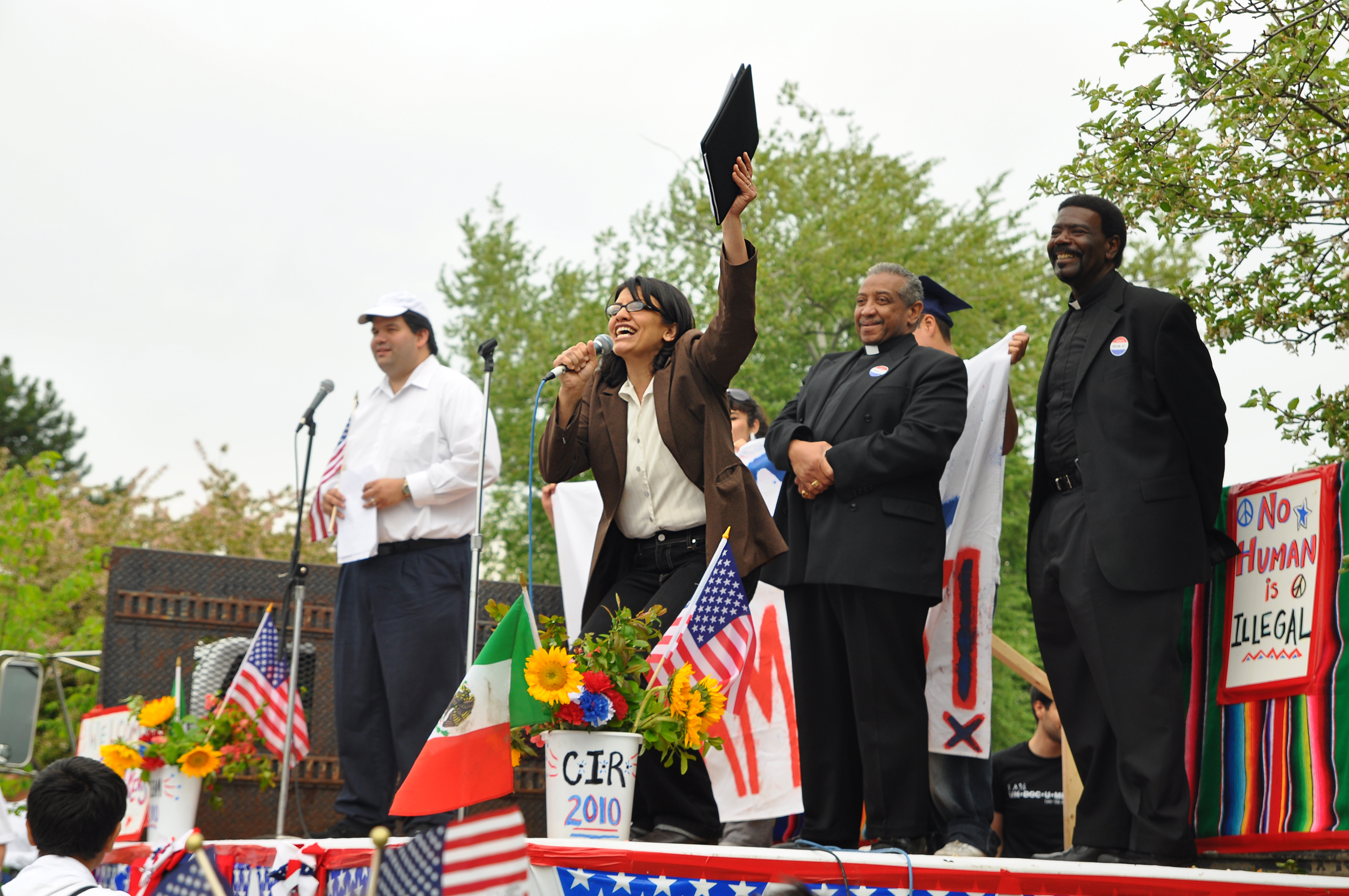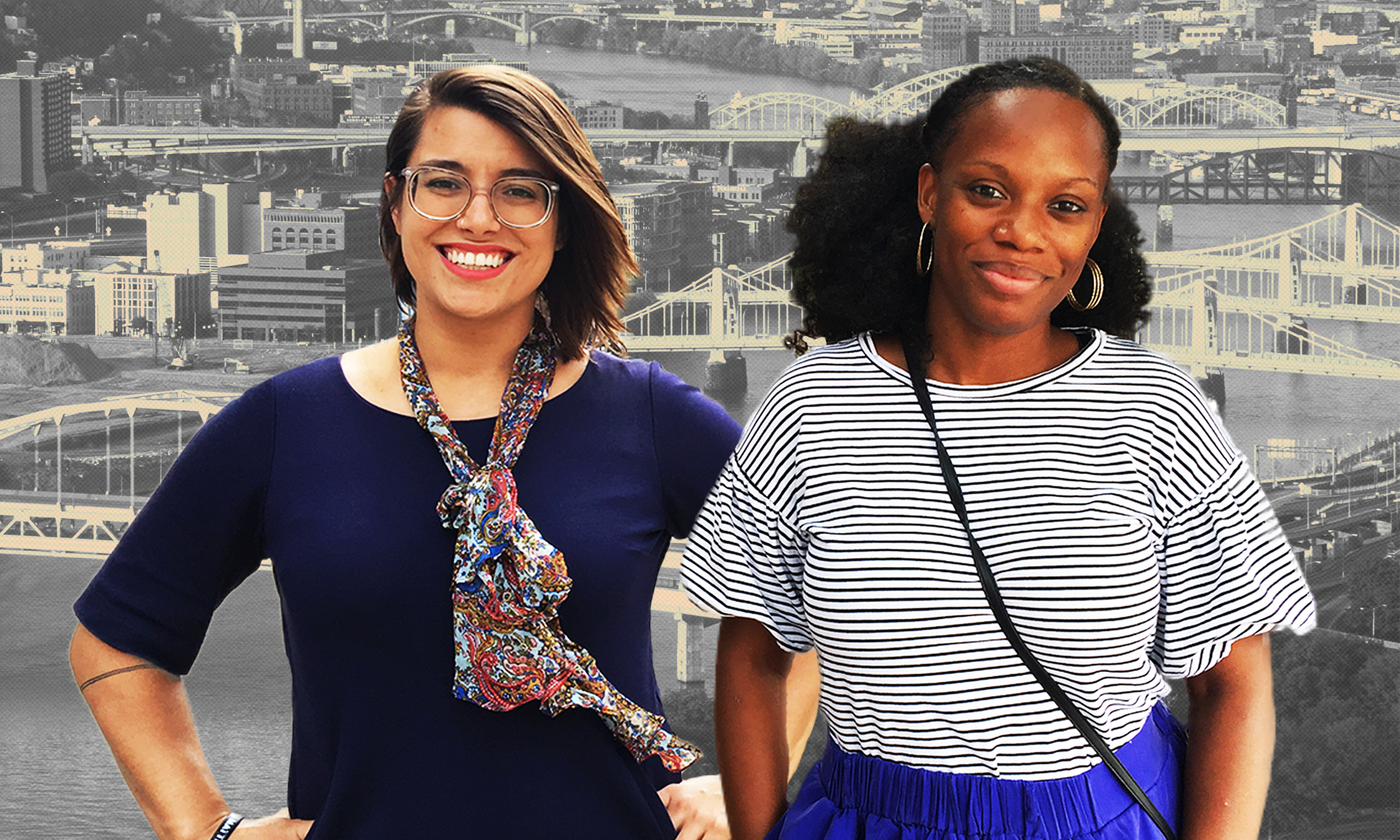When Alexandria Ocasio-Cortez unseated incumbent Democrat Rep. Joe Crowley in the primary for New York City’s 14th congressional district, she did so while running on a progressive platform centering on a host of issues including a deep-seated commitment to environmental justice.
On her website, the 28-year-old calls climate change “the single biggest national security threat for the United States and the single biggest threat to worldwide industrialized civilization” in a lengthy section entitled “Mobilizing Against Climate Change.” Expressing support for a complete shift to renewable energy in the United States by 2035, Ocasio-Cortez calls for an end to fossil fuel dependency.
That’s not all. The fresh-faced Democrat, who is likely to soar to victory in the November midterms, goes one step further. She links environmental issues and financial security and lays out the blueprint for a “Green New Deal,” one that would seek first and foremost to protect New York’s most vulnerable residents who are affected by erosion and rising sea levels in a more equitable way.
Drawing connections between environmental issues and stark inequality is nothing new. Low-income communities and communities of color have long suffered disproportionately from pollution, climate change, and ecological devastation. Talking about such issues in no uncertain terms, however, is unusual even for progressive politicians — but it’s a trend that Ocasio-Cortez appears to be bucking.
And she’s not alone.
A growing number of progressive candidates, the overwhelming majority of whom are young women of color, have made environmental justice a core feature of their campaigns. That trend is challenging how politicians have traditionally approached conversations surrounding climate change, pollution, inequality, and other interconnected, pressing issues.
In the lead-up to Michigan’s primary elections earlier this month, a number of Democrats campaigned heavily on environmental issues, highlighting their views on the state’s various water crises and other controversies, like the Enbridge Line 5 pipeline.
Among those candidates, one made an especially powerful impression: Rashida Tlaib, who previously served for five years in Michigan’s House of Representatives.
Tlaib triumphed in a tight primary and will now run unopposed to fill the seat of disgraced outgoing Rep. John Conyers (D), who represents Detroit’s 13th district. If elected, she will be the first Palestinian woman in Congress, and the first Muslim woman, a distinction she’ll likely share with Ilhan Omar of Minnesota.
In addition to making history, Tlaib is also set to bring a powerful environmental mandate with her to Washington, another commonality she shares with Omar.
Tlaib historically fought the billionaire Koch brothers over petcoke — the petroleum coke pollution that has haunted Detroit for at least five years. As a candidate, she has called attention to environmental racism and slammed the water shutoffs that have plagued the city, in addition to speaking out on behalf of Michigan’s most vulnerable communities.
“Here in Southeast Michigan we’ve got a lot of big polluters getting away with poisoning our community,” declares Tlaib’s website, which lists environmental protection as a leading priority. “They think because we’re not the richest communities, and because of the color of our skin, that they can get away with it. But I’m raising my family in this community and I’m not going to let them poison our air and pollute our water and dump waste on our soil.”
Like Ocasio-Cortez, Tlaib is a member of the Democratic Socialists of America (DSA), as is another new face, Summer Lee, who will be the first Black woman elected to represent the Pittsburgh area in the Pennsylvania state legislature. (After winning her primary for Pennsylvania’s 34th congressional district in May, Lee is running unopposed in November.)
Pittsburgh is nestled in Appalachia, a region where environmental issues have dominated conversations for years. Donald Trump’s presidential campaign largely touted bringing back coal jobs to Appalachia and reviving the area’s economy. In the time since his election, national media has frequently focused on the experiences of out-of-work white Trump voters in the region.
Lee offers something different. The native Appalachian has repeatedly emphasized environmental justice, calling for sweeping efforts to combat pollution and poverty while simultaneously addressing police violence towards people of color.
“When you look at the placement of factories, steel mills, environmental polluters — these things are overwhelmingly in communities of color. Black children are more likely to suffer from lead poisoning, lead in water, lead in paint, of course,” Lee told ThinkProgress. “They’re also more likely to have, you know, asthma…because they usually live in proximity to these environmental hazards.”
Lee is also drawing connections between her region and other parts of the country plagued by pollution and governmental failures. Referencing the city of Flint, which has suffered a water crisis for the past four years, Lee noted that the struggles of people of color largely go unheard when it comes to disasters both economic and environmental.
“Take this area for instance, there have been fracking proposals in Churchill, the residents go up against that, get that shut down,” Lee said, referencing the Pittsburgh area she represents.
“When white people say they don’t want it by their schools, it’s not by their schools. When Black people say they don’t want it by their schools, it’s like, ‘well, don’t you care about jobs?’ Yeah, we care about jobs,” she continued. “We’ve all had family members who worked in the steel mills. The goal was to get your kids out of there. What we’re asking for is not outrageous. We’re asking for basic dignity.”
Progressive women of color are largely leading on discussions surrounding environmental justice, as evidenced by figures like Lee, Tlaib, and Ocasio-Cortez. Another emerging name who is also leaving his mark is Randy Bryce, better known as “IronStache” — the union worker sporting a prominent moustache in a race to fill the seat of outgoing Rep. Paul Ryan (R-WI).
Bryce is facing an uphill battle — Trump won Wisconsin’s 1st district by 10 points in 2016. But like Ocasio-Cortez, he is running on a Green New Deal, pushing for green jobs and sustainable alternatives for struggling workers.
His arguments are economic, but they’re also rooted in the language of social justice. As an ironworker, Bryce has spoken repeatedly to the rights of workers, as well as the dangers vulnerable communities have faced amid rising toxic emissions and environmental hazards linked to fossil fuels.
Candidates like Bryce will find out in November just how receptive voters are to their bold language on environmental issues. Others, like Tlaib and Ocasio-Cortez, are all but assured victory, as is Lee, who emphasized the shared bonds between such candidates.
“Our generation doesn’t have the image of socialism in our head that [baby boomers do],” she said. “But what we do have is the failed image of capitalism.”
“What I understand very, very well,” Lee continued, “is capitalism is inextricably linked to racism and how, if we want to do something about race in this country, we have to also acknowledge our economic system and our political system and how those two systems are intertwined.”
And as for the environment, she said, the issue is one of common sense. “We get one earth. When we look at the statistics and the facts that come out of my area, they are startling, they frighten me,” she said. “We’re just sick and dying and have no idea. And it’s not something that has to happen.”
With additional reporting by Elham Khatami.


